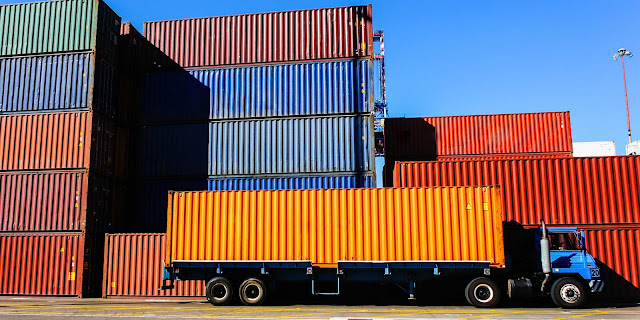Contract Packaging: A lucrative industry for product manufacturers
 |
| Contract Packaging |
Contract packaging is a growing business model that
allows brands to outsource the packaging and distribution of their products.
Under this model, brands focus on research and development, product design,
marketing and sales while leaving packaging operations to specialized contract
packaging companies.
What is Contract Packaging?
Contract packaging refers to an arrangement where a brand owner contracts an
independent packaging company to handle all or part of the packaging processes
for their products. The contract packager is responsible for carrying out
predefined packaging functions on behalf of the brand as per agreed terms. This
allows brand owners to focus on their core competencies without investing
heavily in packaging infrastructure and manpower.
Contract
Packaging services can range from primary packaging like product
filling, sealing, labeling to secondary and tertiary packaging functions
involving carton erecting, bundle packaging, palletizing and overwrapping. Many
contract packagers also provide value added services like customized package
design development, quality assurance, inventory management and distribution.
By outsourcing packaging to specialized vendors, brands can launch new products
faster and scale operations easily based on fluctuating demand cycles.
Benefits of Contract Packaging
There are several advantages that drive brands towards adopting a contract
packaging model:
Cost Savings: Contract packagers are able to achieve economies of scale due to
consolidated manufacturing across multiple client brands. This cost efficiency
is passed on to brands in the form of competitive pricing. Brands can avoid
capital expenditure on packaging machinery.
Flexibility: Contract packing facilities are equipped to handle seasonal volume
fluctuations for brands. They can rapidly ramp up or scale down operations
based on demand. This nimble approach reduces inventory risks for brands.
Focus on Core Skills: Brands can focus energy and resources on product
innovation, marketing and sales which are their core competencies. Packaging operations
are handled by packaging specialists.
Risk Mitigation: Contract packagers take on risks associated with potential
packaging quality issues, recalls or regulatory non-compliances. This
safeguards brands from financial and reputational losses.
Types of Contract Packaging Services
Depending on their complexities and volume needs, brands can choose to
outsource one or multiple packaging functions:
Primary Packaging: Product filling, labeling, cartoning, overwrapping and
sealing of bags, pouches, bottles, jars etc.
Secondary Packaging: Bundle packaging, multipacking and carton sealing.
Tertiary Packaging: Palletization, stretch wrapping and lining for storage and
transportation.
Other Value Added Services: Kitting, customized packaging design development,
quality control audits, distribution and warehousing.
Areas Benefiting from Contract Packaging
Some key industries and application areas that are leveraging contract
packaging services extensively include:
Food and Beverage: Companies producing snacks, confectionery, dairy, juices can
efficiently outsource packing of their products.
Pharmaceuticals: Contract packagers ensure strict compliance to GMP standards
for packaging of tablets, capsules, ointments in designated clean room
facilities.
Nutraceuticals: Rapidly growing nutraceutical brands rely on flexible packaging
capabilities of contract packagers for scaling variable demand.
Personal Care: Companies manufacturing cosmetics, toiletries, health
supplements gain nimbleness through contracted packing infrastructure.
Contract Packaging Trends
A few notable trends are being witnessed in the contract packaging sector to
aid evolving brand needs:
Customized Digital Printing: High resolution inkjet printers allow variable
data and colorful carton designs according to market or festivals.
Track and Trace Capabilities: Advanced coding technologies enable serialization
and aggregation of packs for better inventory management and returns handling.
Sustainable Packaging: Contract packagers increasingly offer eco-friendly
options like renewable, recyclable and compostable materials to meet
sustainability goals of brands.
Direct to Consumer Fulfilment: Strategic partnerships aid omni-channel
distribution by leveraging contract packagers' fulfilment centers for shipping
customer orders directly.
Artificial Intelligence: Machine learning applications help simulate packaging
line efficiencies, detect errors and optimize changeovers to enhance output.
In today's fast evolving marketplace, contract packaging is enabling brands to
launch products faster, distribute efficiently and scale operations globally in
a cost-competitive manner. As industries streamline packaging processes through
specialized outsourcing, it is opening new opportunities for contract packagers
to deliver customized solutions through advanced technologies and value-added
services. The contract packaging industry is expected to grow steadily in
tandem with the rising business needs across consumer segments.
For
more insights, Read- Contract
Packaging



Comments
Post a Comment